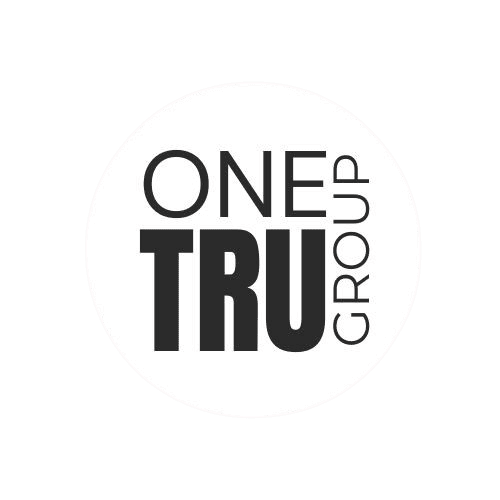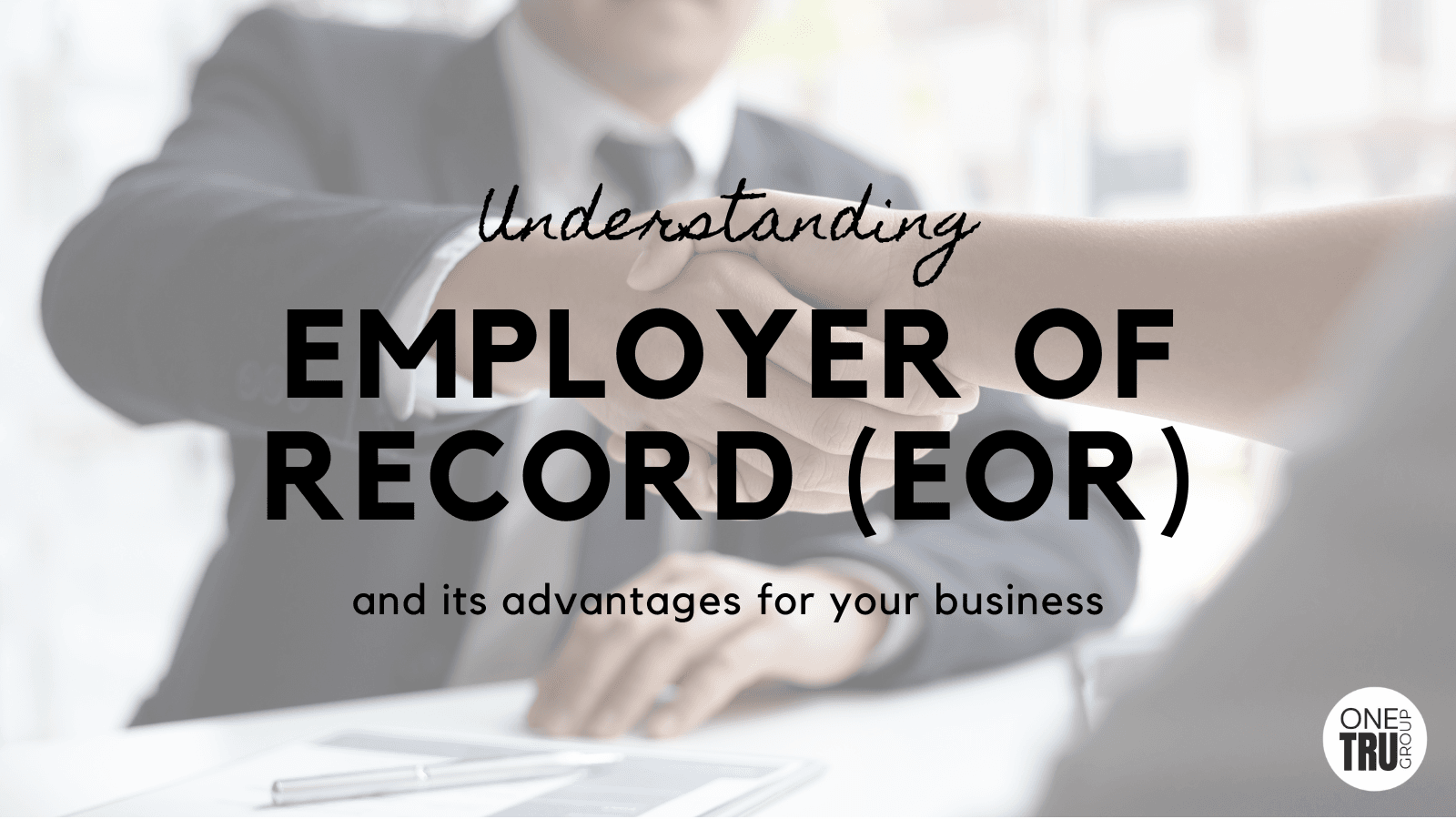What is an Employer of Record (EOR)?
An Employer of Record (EOR) serves as a third-party entity that assumes the legal responsibilities of employing individuals on behalf of another organization. This model is increasingly popular, particularly among companies seeking to streamline operations, expand into new markets, or manage a remote workforce without establishing a local entity. Essentially, an EOR enables businesses to focus on their core functions while ensuring compliance with various employment and labor regulations.
The primary role of an EOR involves managing critical aspects of employment such as payroll administration, benefits management, employee screening, and compliance with labor laws. By outsourcing these functions to an EOR, companies can mitigate risks associated with misclassifying employees or failing to adhere to local labor regulations. This arrangement is especially valuable in industries with complex employment requirements or when businesses are navigating international hires.
Among the services provided by an Employer of Record are payroll processing, tax compliance, and human resources support. Furthermore, an EOR often manages employee benefits, workplace safety, and termination processes, making it a comprehensive solution for organizations. This arrangement can be particularly advantageous for startups and small to medium-sized enterprises that may not have the resources to independently handle extensive employment management.
Various industries utilize the EOR model, including technology, healthcare, and hospitality. For instance, a tech startup seeking to hire software engineers in different countries might rely on an EOR to handle the complexities of international employment laws while allowing the company to tap into a wider talent pool. Similarly, businesses engaged in temporary staffing or project-based work may find it beneficial to use an EOR to manage contingent workers efficiently.
Key Advantages of Using an EOR
Employers are continually seeking innovative solutions to optimize their operations, and one such method is leveraging an Employer of Record (EOR). The primary advantages of utilizing an EOR can significantly impact business efficiency and growth potential. One of the most pertinent benefits is the reduction of administrative burdens associated with human resources functions. By outsourcing these responsibilities to an EOR, companies can focus on their core activities, leading to enhanced productivity. For example, a mid-sized technology company that partnered with an EOR was able to streamline its HR processes, thus allowing its internal teams to concentrate on product development rather than manual payroll management.
Another key advantage of employing an EOR is the assurance of compliance with local labor laws. Navigating the intricate legal landscapes across different regions can be challenging for organizations. EORs possess in-depth knowledge of the legal requirements and employment regulations in various jurisdictions. This expertise helps mitigate risks associated with non-compliance, which can lead to fines and reputational damage. A global retailer that utilized an EOR to manage its international workforce was able to seamlessly adhere to local labor laws, thus ensuring smooth operations in multiple countries.
Additionally, EORs facilitate streamlined payroll processes, making it easier for businesses to manage employee compensation and benefits across different locations. By consolidating payroll functions, companies can ensure timely payments and minimize errors, positively impacting employee satisfaction. A healthcare provider that outsourced its payroll operations to an EOR noted significant reductions in payroll-related discrepancies, improving overall employee morale.
Furthermore, the swift scalability an EOR offers allows companies to enter new markets efficiently. Organizations can quickly hire and onboard employees without the lengthy processes typically associated with establishing a local presence. For instance, an e-commerce firm entering a new country discovered that using an EOR enabled them to launch operations rapidly, without the complexities of setting up a local entity.
These key advantages illustrate how an Employer of Record can transform HR processes and contribute to business expansion, ensuring compliance, efficiency, and employee satisfaction across different markets.
Considerations When Choosing an EOR
Selecting the right Employer of Record (EOR) for your business is essential for ensuring seamless operations and compliance. One of the primary considerations is the EOR’s reputation in the industry. Researching reviews and testimonials from other companies can provide insights into their experiences with the EOR. A strong reputation often indicates reliability and professionalism, which are crucial for a successful partnership. Additionally, it’s beneficial to inquire about the EOR’s history and their experience in your specific sector.
Another vital aspect to evaluate is the range of services that the EOR provides. Not all EORs offer the same capabilities; some may specialize in specific areas such as payroll processing, benefits administration, or compliance management. Businesses must determine their specific needs and ensure that the EOR can accommodate them. Understanding the extent of services and the scalability of those services can prevent potential bottlenecks as your company grows.
Costs are also a significant consideration when choosing an EOR. Each EOR will have different fee structures, and knowing these upfront can help in budgeting accurately. Transparent pricing models are preferable, as hidden fees can complicate financial planning. Additionally, taking into account customer support is vital; the EOR should provide accessible and responsive support to resolve any issues quickly, whether they involve payroll questions or compliance concerns.
It is crucial to watch out for potential red flags during the evaluation process. Any signs of poor communication, lack of transparency, or unwillingness to provide references should raise concerns. Indeed, ensuring that the chosen EOR aligns well with your organization’s specific hiring needs and compliance requirements is key. Establishing a successful relationship with an EOR involves clear communication about expectations and ongoing performance evaluations to gauge the effectiveness of their services.
The Future of EOR in Employment Practices
The landscape of employment practices is undergoing a significant transformation, with Employer of Record (EOR) services at the forefront of this evolution. As businesses increasingly embrace remote work and flexible employment arrangements, the role of EORs becomes more critical. EORs provide a streamlined solution for companies looking to hire employees across various regions while remaining compliant with local regulations. This trend aligns with the rising gig economy, where short-term contracts and freelance work are gaining popularity among workers seeking autonomy and flexibility.
In response to these shifts, EORs are increasingly integrating innovative technologies to enhance their services. Advanced HR tech solutions allow EORs to efficiently manage payroll, benefits, and compliance for remote and gig employees. Leveraging data analytics also enables EORs to provide valuable insights regarding employee performance and engagement, facilitating improved management strategies. This technological adoption not only optimizes operational efficiency but also enhances the overall employee experience, fostering loyalty and better retention rates.
The future of EORs is poised for growth, as companies recognize the strategic advantages these services offer. By outsourcing employment responsibilities to EORs, businesses can focus on their core operations while minimizing administrative burdens. Expert predictions suggest that as remote work becomes more ingrained in corporate culture and as workforce demands evolve, EORs will need to adapt continuously. This might include expanding their service offerings to accommodate diverse workforce needs and enhancing flexibility to meet changing legal constraints across different jurisdictions.
In conclusion, the anticipated evolution in employment practices highlights the sustained relevance of Employers of Record. Their ability to adapt to emerging trends, enhance service delivery through technology, and meet the diverse needs of businesses and employees positions them as essential partners in the modern employment landscape.





